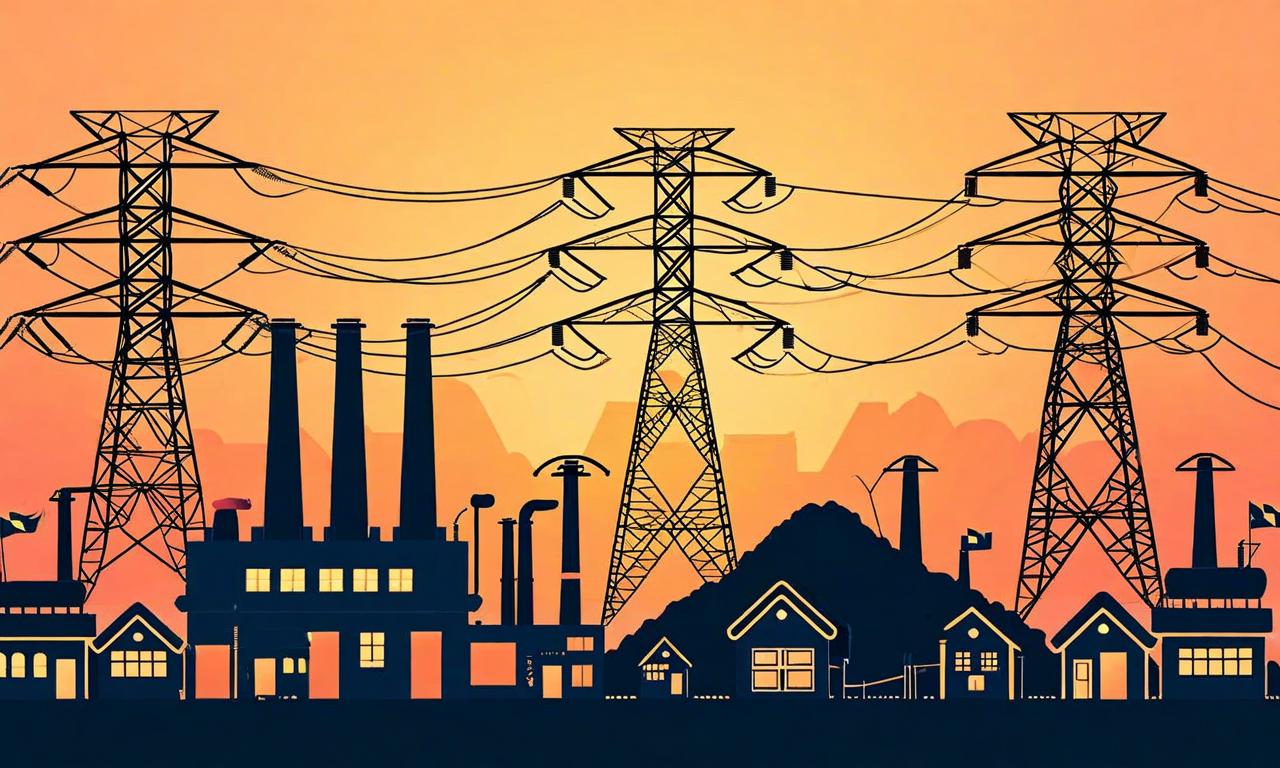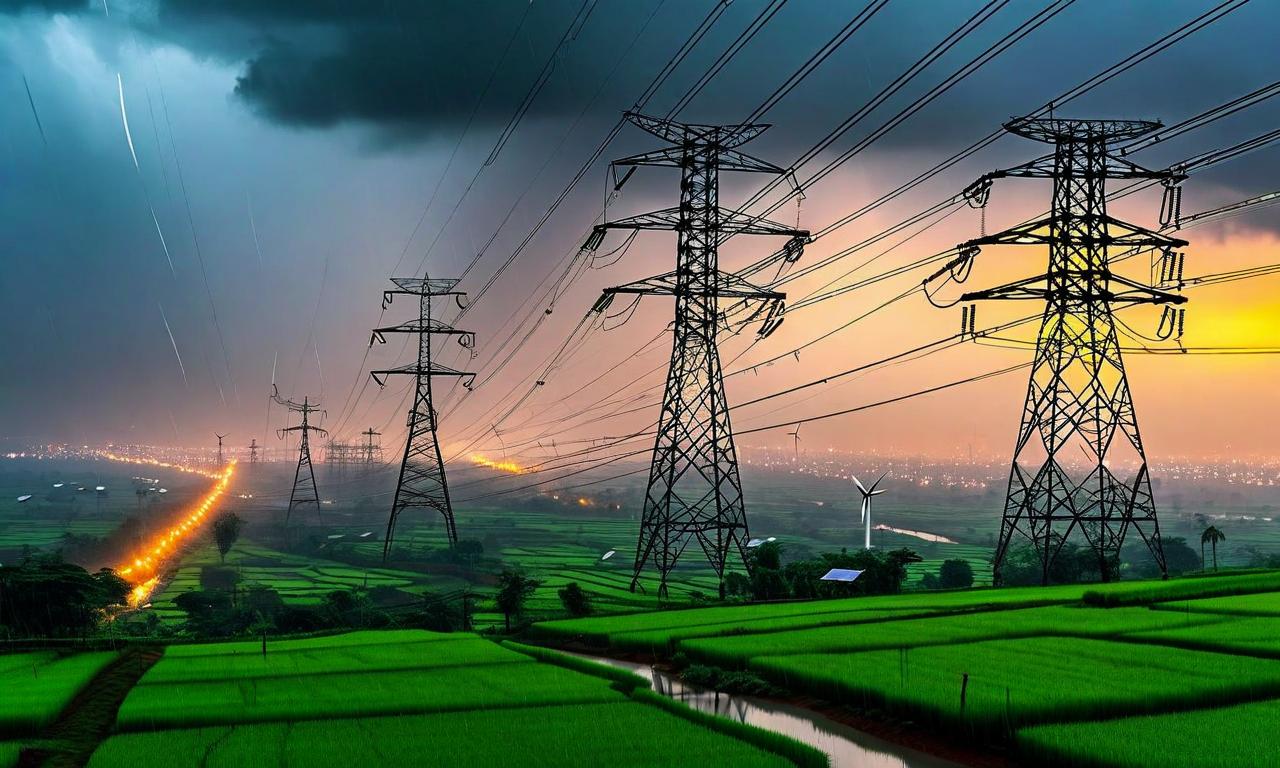Supreme Court: Coal Shortage Costs to Be Shared Equally Among All DISCOMs
The Supreme Court of India has ruled that costs arising from coal shortages must be shared equally among all electricity buyers from a generating plant. The case involved GMR Kamalanga Energy Limited in Odisha, which supplies power to DISCOMs in multiple states. The court upheld that coal allocation belongs to the entire power project, not individual contracts, and no DISCOM can demand priority supply or avoid incremental costs due to shortages. Expenses must be allocated proportionately among all plant beneficiaries, regardless of contract terms or timing of Power Purchase Agreements.

*this image is generated using AI for illustrative purposes only.
In a landmark ruling, the Supreme Court of India has decreed that costs arising from coal shortages must be shared equally among all electricity buyers purchasing power from a generating plant. This decision has significant implications for the power sector, particularly in how costs are allocated during supply disruptions.
Case Background
The case centered around GMR Kamalanga Energy Limited (GKEL) in Odisha, which supplies power to Distribution Companies (DISCOMs) in Haryana, Odisha, and Bihar. When faced with coal shortages, GKEL was forced to use more expensive imported coal after domestic supplies fell short. This situation led to a dispute over cost-sharing among the power purchasers.
Key Points of Contention
- Haryana Utilities and GRIDCO challenged the equal cost-sharing arrangement.
- They argued that their contracts guaranteed firm domestic coal supply.
- The utilities claimed they deserved priority due to earlier Power Purchase Agreements (PPAs).
Supreme Court's Verdict
Chief Justice BR Gavai and Justice K Vinod Chandran delivered the ruling, which upheld previous orders by the Central Electricity Regulatory Commission (CERC) and the Appellate Tribunal for Electricity (APTEL). The key points of the judgment are:
- Coal allocation belongs to the power project as a whole, not to individual contracts.
- No DISCOM can demand priority supply or avoid incremental costs due to coal shortages.
- Expenses must be allocated proportionately among all plant beneficiaries.
Implications for the Power Sector
This ruling sets a significant precedent for the Indian power sector:
Equal Cost Sharing
All electricity buyers from a generating plant must share the burden of increased costs due to coal shortages, regardless of their contract terms or the timing of their Power Purchase Agreements.
No Priority Claims
The judgment eliminates the possibility of any DISCOM claiming priority in coal supply based on earlier agreements.
Proportionate Allocation
Incremental costs will be distributed proportionately among all beneficiaries of the power plant.
Regulatory Clarity
The ruling provides clear guidelines for handling cost allocation during supply disruptions, potentially reducing future disputes in the sector.
This Supreme Court decision is expected to bring more stability and fairness to cost allocation in the power sector, especially during periods of resource scarcity. It underscores the principle of shared responsibility among all power purchasers, irrespective of their individual contract terms or historical relationships with power generators.


























